Search
Remove Ads
Advertisement
Summary 
Loading AI-generated summary based on World History Encyclopedia articles ...
Search Results
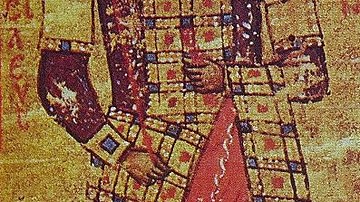
Definition
Manuel I Komnenos
Manuel I Komnenos was emperor of the Byzantine Empire from 1143 to 1180 CE. Manuel continued the ambitious campaigns of his grandfather Alexios I and father John II to aggressively expand the boundaries of his empire. Manuel turned out to...

Image
Manuel I Komnenos
An illustration from a 12th century CE manuscript depicting Byzantine emperor Manuel I Komnenos (r. 1143-1180 CE). (Vatican Library)
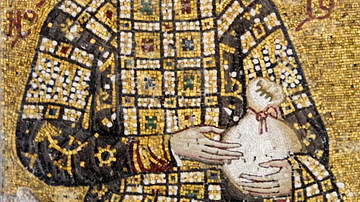
Definition
John II Komnenos
John II Komnenos “the Handsome” was emperor of the Byzantine Empire from 1118 CE to 1143 CE. John, almost constantly on campaign throughout his reign, would continue the military successes of his father Alexios I with significant victories...
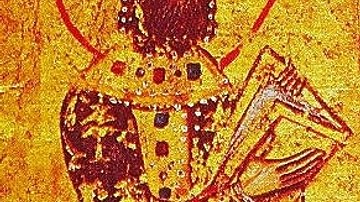
Definition
Alexios I Komnenos
Alexios I Komnenos (Alexius Comnenus) was emperor of the Byzantine Empire from 1081 to 1118 CE. Regarded as one of the great Byzantine rulers, Alexios defeated the Normans, the Pechenegs, and, with the help of the First Crusaders, the Seljuks...
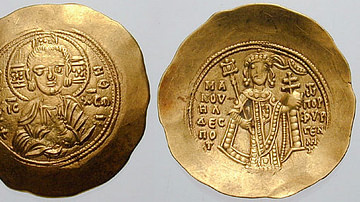
Image
Hyperpyron Coin of Manuel I Komnenos
A gold hyperpyron coin of Byzantine emperor Manuel I Komnenos (r. 1143-1180 CE). On the obverse is Christ while the emperor is shown on the reverse holding a cross. (Classical Numismatic Group, Inc. http://www.cngcoins.com)
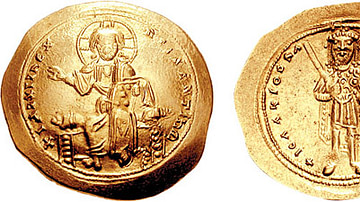
Definition
Isaac I Komnenos
Isaac I Komnenos was the Byzantine emperor from 1057 to 1059 CE. Although his reign was brief, he was known for being a capable and militarily astute general and emperor. As the first emperor to lead troops himself in battle in over 30 years...
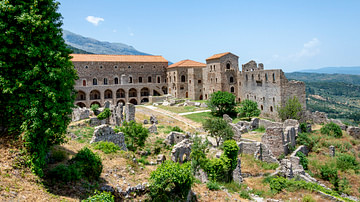
Definition
Despotate of the Morea
The Despotate of the Morea was a semi-autonomous appanage of the later Byzantine Empire. The Byzantines retook part of the Peloponnese in Southern Greece in 1262 CE, but the Morea was only officially governed by semi-autonomous despots of...
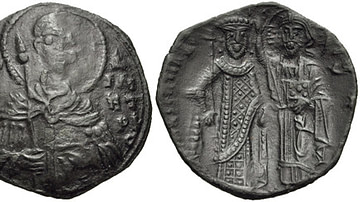
Image
Coin of Manuel Komnenos Doukas
Trachy of Manuel Komnenos Doukas, Emperor of Thessalonica and then ruler of Thessaly, (r. 1230-1241).
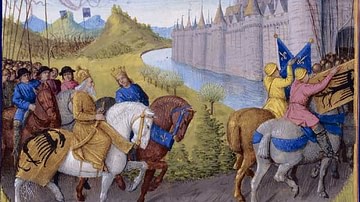
Definition
Second Crusade
The Second Crusade (1147-1149) was a military campaign organised by the Pope and European nobles to recapture the city of Edessa in Mesopotamia which had fallen in 1144 to the Muslim Seljuk Turks. Despite an army of 60,000 and the presence...
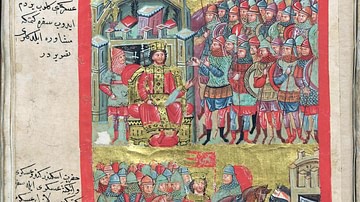
Definition
Empire of Trebizond
The Empire of Trebizond was an offshoot of the Byzantine Empire that existed from 1204 to 1461 CE, ruled by the Megas Komnenos Dynasty, descendants of the Komnenos Byzantine emperors. The Empire of Trebizond has been far less researched than...